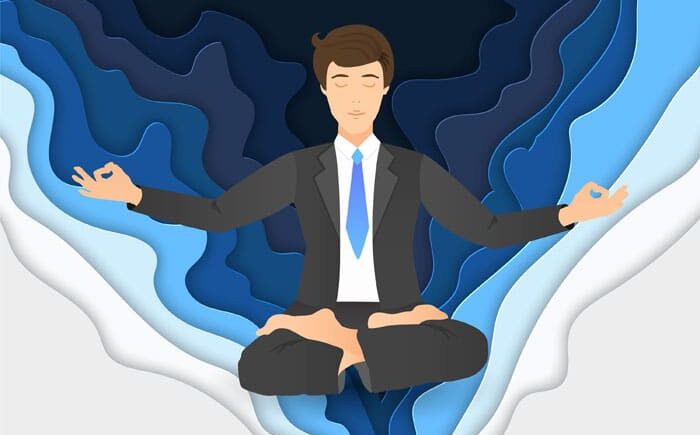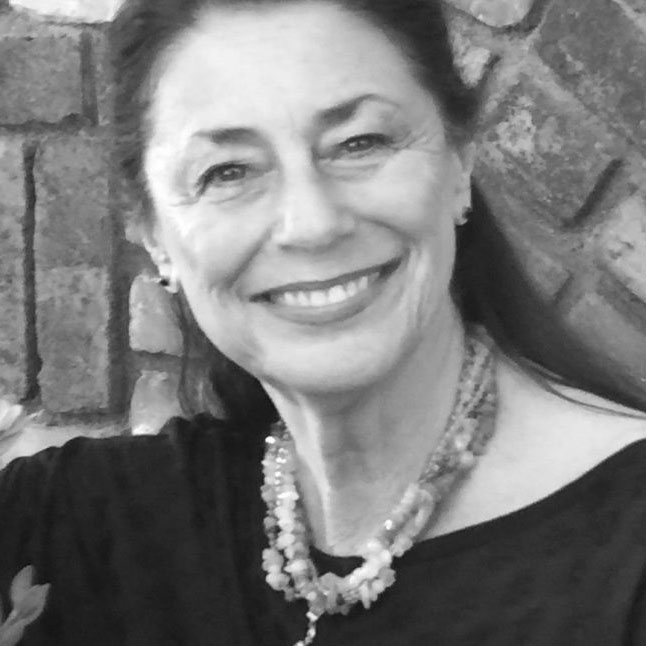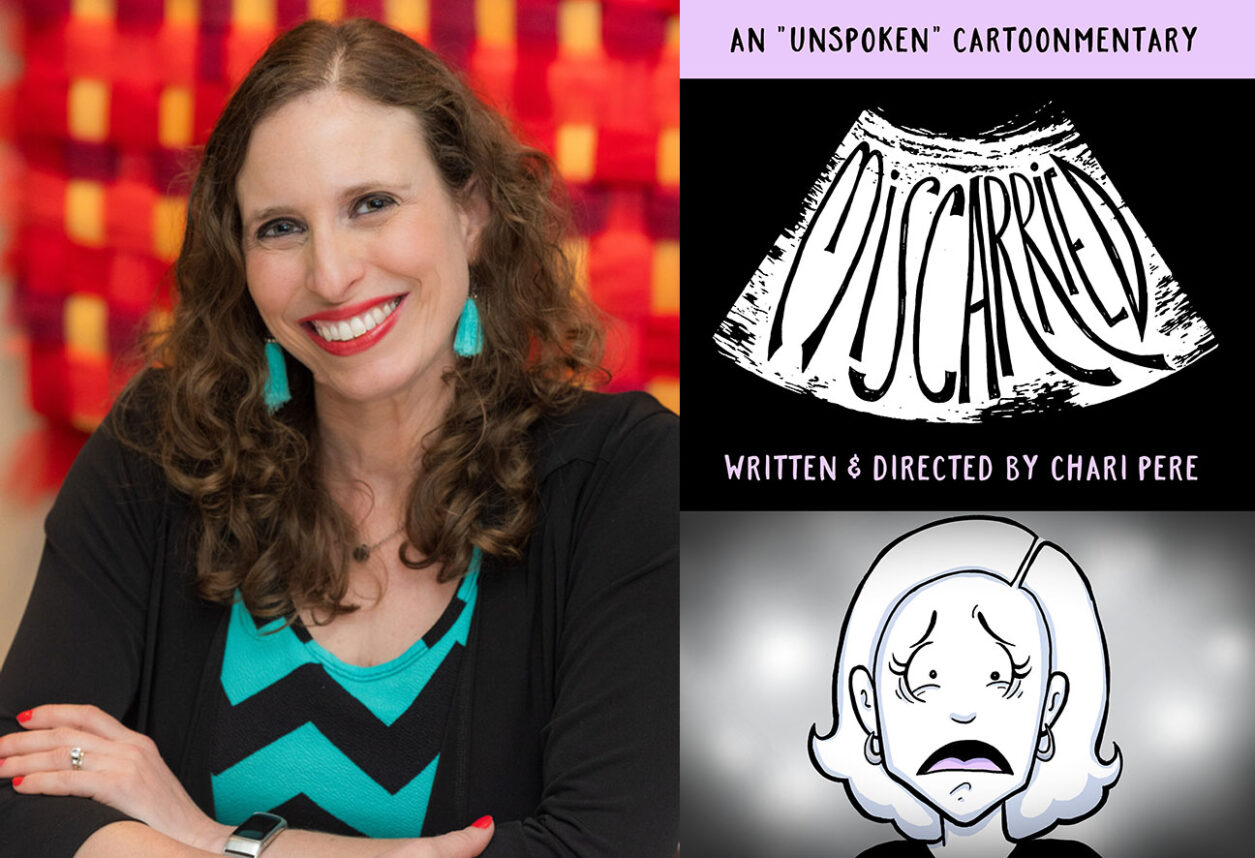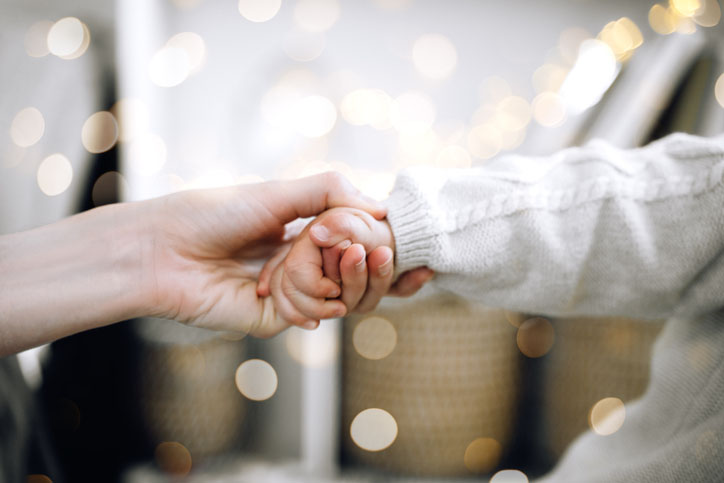 Ludmila Derevyankina/Getty Images
Ludmila Derevyankina/Getty Images Most of us don’t give much thought to breathing. It is an automatic physical response that keeps functioning on its own. It is only in moments of crises such as asthma, allergy symptoms, and lung disease, including COVID, that the breath becomes the focus of our attention, aware of how critical it is to staying alive. But even if healthy, our breath is impacted by the stressors of daily living — spam calls and unwanted emails, rude drivers, reports of environmental disasters, prospect of certain presidential candidates, noise of
garden blowers, construction, and constant cellphone conversations, all on our watch unbidden. Then there are the deeper stresses of family conflicts, personal challenges, and as I have experienced, on-going caregiving. Everything that impacts us physically, emotionally, and spiritually influences our breath and in turn affects our health and well-being.
An individual takes an average of 12-15 breaths a minute, rather fast paced, almost verging on a fight-flight response. What research shows, and what faith traditions have known since ancient times, is that focused breathing not only brings a greater sense of calm but will extend one’s life.
An individual takes an average of 12-15 breaths a minute, rather fast paced, almost verging on a fight-flight response. What research shows, and what faith traditions have known since ancient times, is that focused breathing not only brings a greater sense of calm but will extend one’s life. The health benefits have been documented. When we slow down each breath, we affect blood pressure, heart rate, as well as calming our nerves, all of which maintain a sense of stability and well-being. In such trying times we can reduce fear, anxiety, and depression by merely paying attention and slowing down our breath. We become our own self-regulators and reduce the need for medication. At least, 10-15 minutes a day harmonizes our being.
In Hebrew the word Ruach means breath and spirit, and the word N’shamah, soul, with different vowels, becomes another word for breath. Breath and spirit are one.
The medical community has come a long way in understanding the power of the breath to effect changes in the body, but many religions have had a visceral understanding of the breath and its power for physical and emotional equilibrium as well as the spiritual awareness and transcendent experience in centered, focused breathing, often the first step in meditation. In Hebrew the word Ruach means breath and spirit, and the word N’shamah, soul, with different vowels, becomes another word for breath. Breath and spirit are one.
There is another beautiful Hebrew word, Kavanah, which means intention and direction. It is a qualitative approach to whatever we do; praying, mitzvot, and even engaging in conversation. As proud as we are of the ability to multitask, like typing while speaking to a friend on the phone or checking emails when sharing a meal at a restaurant, we actually undermine the potential for deeper connections when our attention is bifurcated. Approaching, with sincere desire, any activity, we receive added emotional rewards plus the gift of our presence. It is no different with the most essential activity of daily living, breathing. When done with intention, focus and patience, slow and with purpose, we restore our center, nourish our inner organs, and maintain a sense of equanimity we so need and desire in these chaotic times.
Torah teaches why we must honor the breath and give it the respect and due it deserves. In the first book of Torah, Bereishit, we read how G-d speaks all of creation into being. But when we get to Chapter 2 something startling is presented. G-d forms the human out of particles of dust and then blows into the nostrils the “breath of life and the human becomes a living soul.” This is the most intimate and personal act of creation. I have no doubt that when G-d breathed into the human it was long and slow, from the depths of G-d’s love, with kavanah, sincere intention. The spirit of the Holy One is gifted to man and woman. We each receive a spark of the Divine, enlivening us and nurturing us with life and with soul. Every breath is an opportunity to continually re-experience this moment.
Not only is focused slow breathing healthy, nourishing, and calming, it is a connection to the source of our existence. Each breath makes possible an awareness of gratitude we sorely need when difficulty and loss surround us. When we are most depleted, discouraged, and ridden with anxiety we have the free will offering from the Divine. The Ruach Elohim, the spirit/breath/wind of G-d flows into our nostrils, invigorating our cells, renewing our bodies and our spirits, regenerating, all of our internal functions building the kind of resilience we need to sustain whatever confronts us while healing that which is within us. What better present could we receive, one that is available at every moment.
Take a minute, close your eyes, breathe in, receiving the gift of Divine love, slowly, intentionally, to the count of 6, then slowly, to a count of 6, breathe out, returning to the Universe that which nurtures G-d’s creations. Pause, feel peace, Shalom, and a sense of wholeness, Shaleym. This is yours whenever life feels frightening, overwhelming, or too challenging. This is the gift of breath.
Eva Robbins is a rabbi, cantor, artist and the author of “Spiritual Surgery: A Journey of Healing Mind, Body and Spirit.”






















 More news and opinions than at a Shabbat dinner, right in your inbox.
More news and opinions than at a Shabbat dinner, right in your inbox.